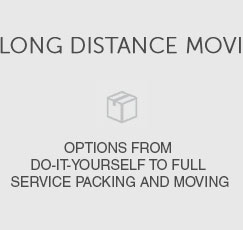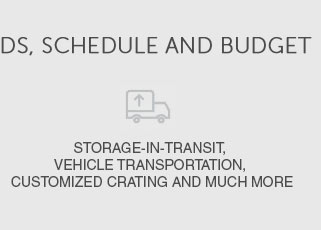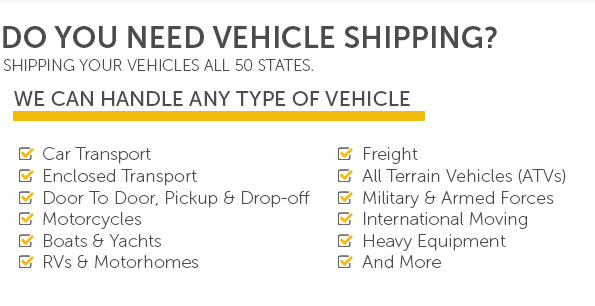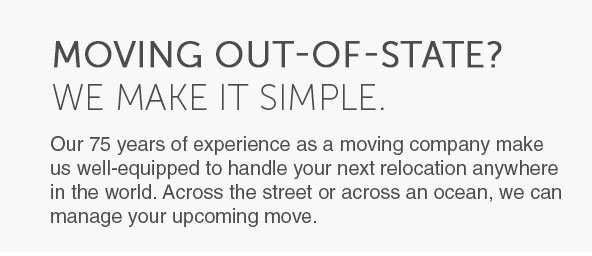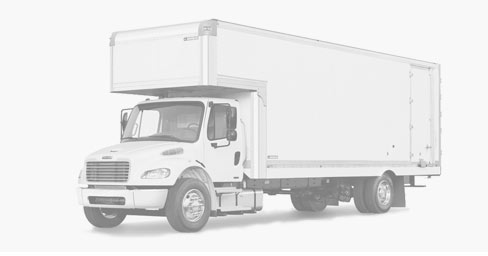commercial moving companies explained for growing businesses
What they do
When offices relocate, commercial moving companies coordinate crews, trucks, and timelines to move furniture, files, and delicate IT gear with minimal downtime. They survey sites, secure certificates of insurance, plan elevator reservations, and stage packing so teams can keep working until the last moment.
Benefits and trade-offs
Pros include speed, specialized equipment, and liability coverage that protects assets and buildings. Many offer after-hours moves and e-waste handling. Cons can be higher pricing, rigid schedules during end-of-month peaks, and standard contracts that need careful review. The right partner balances cost against business continuity and data security.
- Verify licensing, insurance limits, and claims process.
- Ask for a detailed scope: crates, cable management, server handling.
- Compare estimates by weight, volume, and labor assumptions.
- Check references for similar industry and building type.
- Clarify surge fees, weekend rates, and cancellation terms.
How to choose
Request a walk-through, insist on a written move plan, and assign one internal lead. A reliable mover brings checklists, labels, and clear communication so your team can log off one day and power up smoothly the next.








